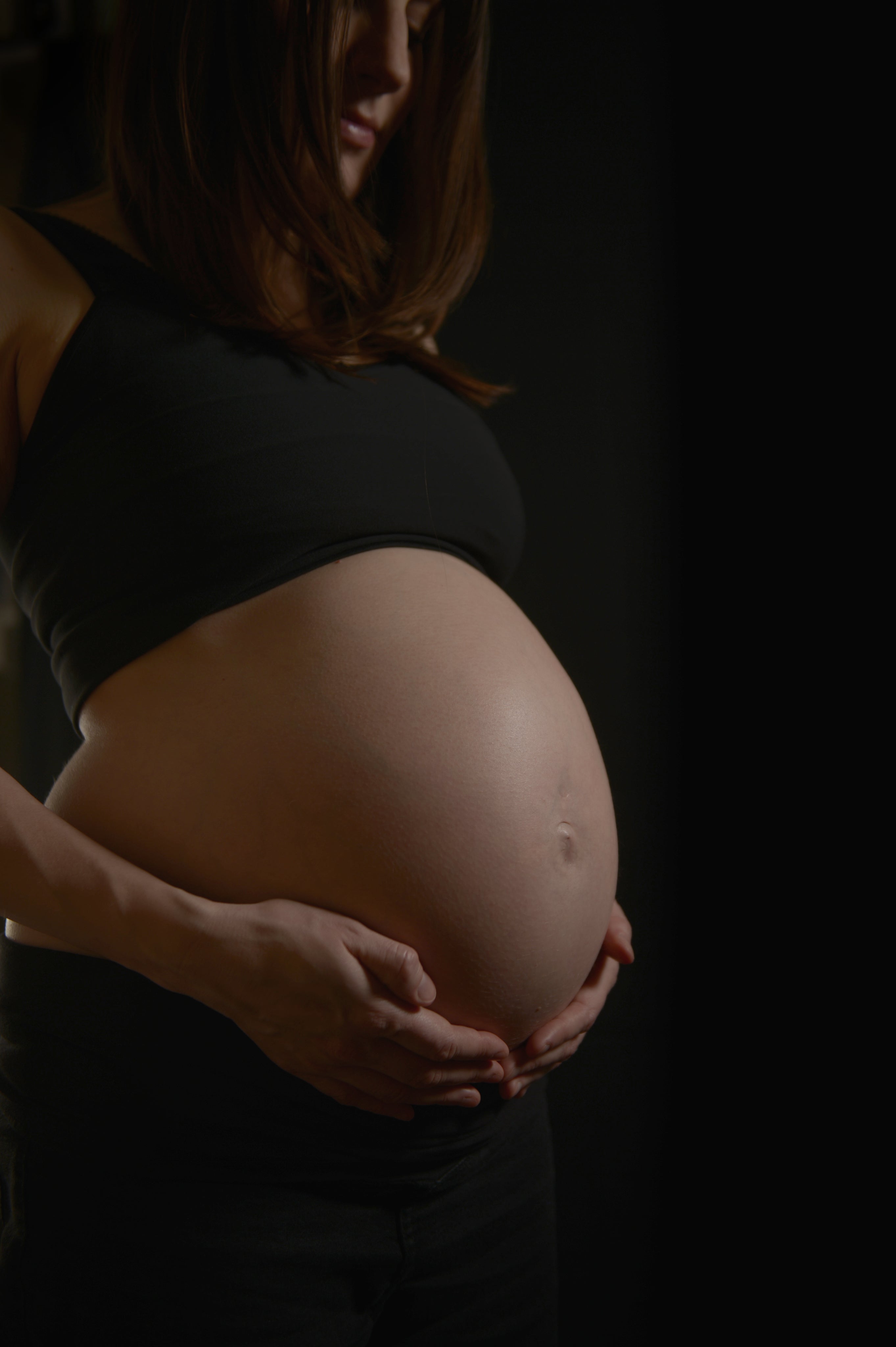LGBT couples face ‘discriminatory postcode lottery’ to access NHS fertility care
Charity Stonewall said health leaders must “commit to providing equal access to fertility services”.

Your support helps us to tell the story
From reproductive rights to climate change to Big Tech, The Independent is on the ground when the story is developing. Whether it's investigating the financials of Elon Musk's pro-Trump PAC or producing our latest documentary, 'The A Word', which shines a light on the American women fighting for reproductive rights, we know how important it is to parse out the facts from the messaging.
At such a critical moment in US history, we need reporters on the ground. Your donation allows us to keep sending journalists to speak to both sides of the story.
The Independent is trusted by Americans across the entire political spectrum. And unlike many other quality news outlets, we choose not to lock Americans out of our reporting and analysis with paywalls. We believe quality journalism should be available to everyone, paid for by those who can afford it.
Your support makes all the difference.LGBT couples face a “discriminatory postcode lottery” when trying to access NHS fertility care, a charity has said.
Stonewall said fertility treatment costs for some same-sex couples can reach £25,000, while some opposite-sex couples get free care.
The charity, which has launched an online tool to highlight the difficulties same-sex couples can face while trying to access NHS in-vitro fertilisation (IVF), said access to fertility services “should not be dictated by where you live or who you love”.
Access to fertility services should not be dictated by where you live or who you love
It said four in five local health bodies in England require same-sex couples to privately fund the start of their fertility journey.
Some are asked to self-fund three or more cycles of artificial insemination before becoming eligible for NHS care, it said.
Stonewall said that, even within the same locality, couples have different levels of care, for instance LGBT people in Skipton and Ripon either have to self-fund treatments up to £25,000, while their neighbours may be offered the same treatments for free.
The charity is calling for changes to national guidelines in England to address inequalities in fertility care, and for the Government to prioritise equitable access to fertility services for all LGBT couples.
Nancy Kelley, chief executive of the charity, said: “Access to fertility services should not be dictated by where you live or who you love, but our new tool highlights that LGBTQ+ people face a discriminatory postcode lottery when trying to access NHS fertility services.
“It’s outrageous that, in some areas, LGBTQ+ couples trying to start a family using IVF have to pay £25,000 more than their neighbours to access vital fertility services. For many, this extra financial burden is insurmountable.
“It’s vital that Nice (the National Institute for Health and Care Excellence) and the Government now commit to providing equal access to fertility services for all. Everyone who wants to start a loving family should have the chance to, and LGBTQ+ couples are no exception.”
A Nice spokesperson said: “In its 2017 guidance on the assessment and treatment of fertility problems Nice recommends that unstimulated intrauterine insemination should be considered as a treatment option as an alternative to vaginal sexual intercourse for people in same-sex relationships.
“It also recommends that people in same-sex relationships who have not conceived after six cycles of donor or partner insemination… should be offered a further six cycles of unstimulated intrauterine insemination before IVF is considered.
“As Nice is not involved in the local commissioning of services, we are unable to comment on how eligibility requirements for fertility treatment may vary between regions.
“To clarify, it is important to note that our recommendations guide local NHS services. They are not mandatory and the speed at which they are adopted will depend on the resources local NHS services have available.”
It comes after it emerged that a married lesbian couple are launching a landmark legal test case against their local health governing body, claiming it discriminates against LGBT families.
Megan and Whitney Bacon-Evans, from Berkshire, said their local clinical commissioning group is penalising them financially because of their sexuality.